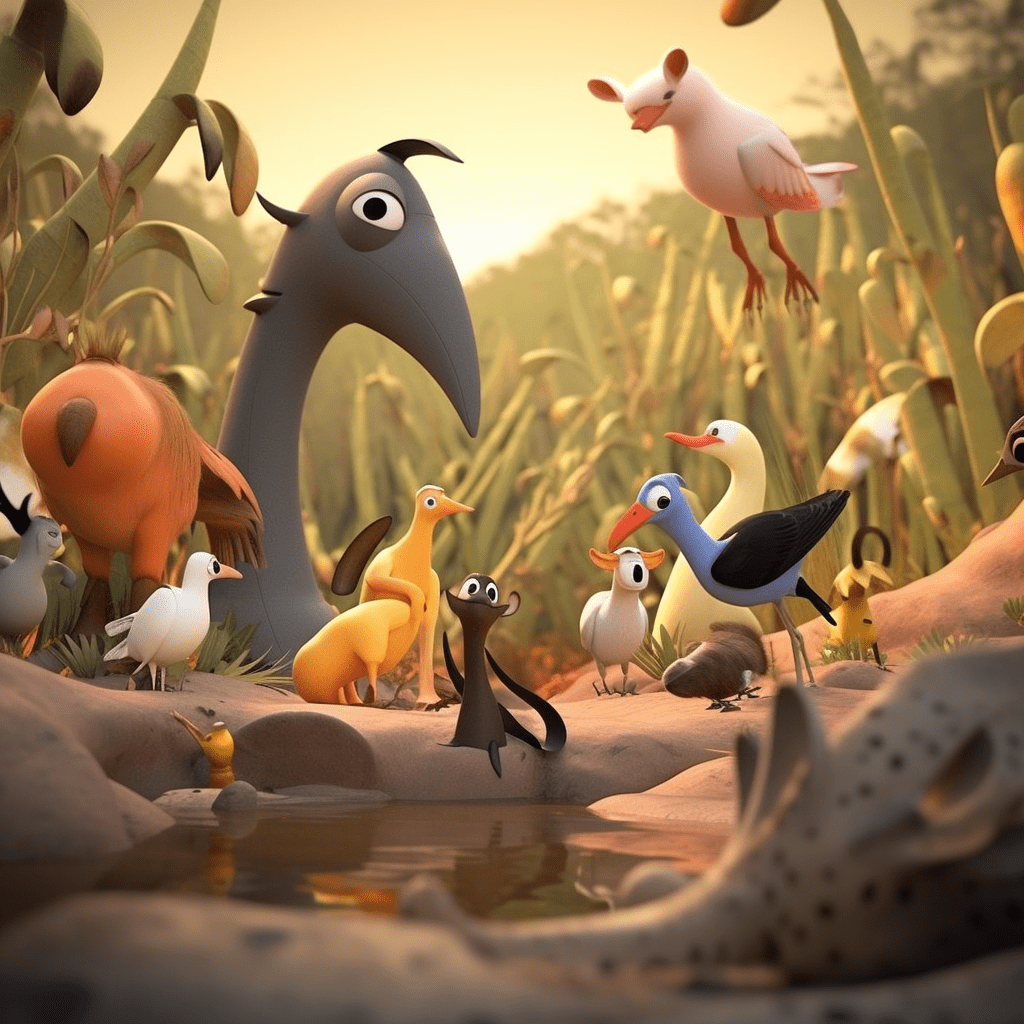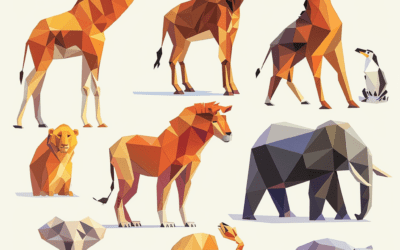Why don’t all animals migrate during the changes in a season?
Migration and Seasonal Changes
When the seasons change, some animals embark on an incredible journey called migration. They travel long distances to find better conditions for survival. You may be wondering why not all animals migrate during these seasonal changes. Well, the answer lies in understanding the various factors that influence animal behavior.
Food Availability
Not all animals migrate because they can find enough food to survive in their current habitat throughout the year. These animals have adapted to their environment and have ways to sustain themselves even when the seasons change. For example, squirrels store nuts before winter, which allows them to have a food source during colder months.
Climate Adaptation
Another reason why not all animals migrate is because they have evolved specific adaptations to cope with seasonal changes. Some animals have thick fur or layers of fat that keep them warm during cold winters. These adaptations help them survive without needing to undertake the arduous journey of migration.
Reproduction and Nesting
Reproduction and nesting also play a role in why not all animals migrate. Some animals, like birds, choose specific locations to build nests and raise their young. These locations may provide ideal conditions for breeding, such as abundant food or protection from predators. Therefore, these animals stay in one place during the changing seasons to ensure the survival of their offspring.
Staying Safe from Predators
While migration can be beneficial for finding better resources, it also poses risks. Traveling long distances exposes animals to new predators and unfamiliar environments. Some animals have found safer habitats where they can avoid predators by staying in one place throughout the year. This reduces the need for migration as a survival strategy.
Established Territories
Many animals mark and defend their territories against others of the same species. These territories provide access to essential resources like food, water, and mates. Animals that have established territories often stay within them during seasonal changes instead of migrating. By remaining in their territories, they can maintain control over their resources and increase their chances of survival.
Conclusion
In conclusion, not all animals migrate during the changes in a season. Some animals have adapted to their environment, have specific reproductive needs, or rely on established territories for survival. Others have evolved physical characteristics that make migration unnecessary. Understanding these factors helps us appreciate the diverse ways in which animals face the challenges of seasonal changes.












